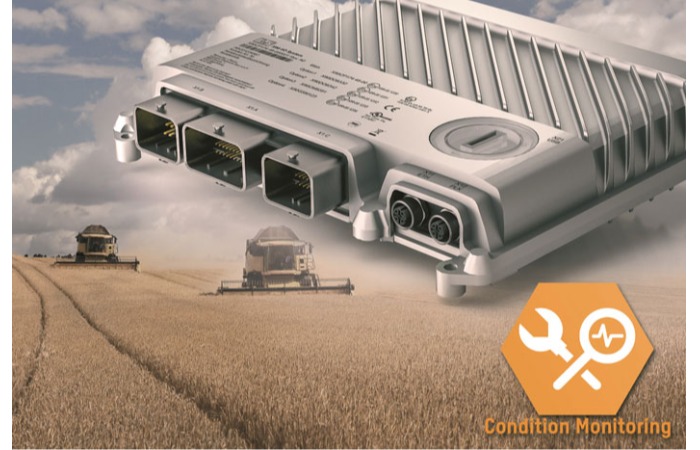Schedule a Call Back
India’s 762 km long rail track with ABS in Ghaziabad
 The Ghaziabad-Pandit Deen Dayal Upadhyay section of Indian Railways is now the longest fully automatic block signalling (ABS) section in the nation. The 762 km route is completely automated. It will be possible to increase line capacity to run more train services once it is implemented. The railways planned to implement the project on high-density train routes that already exist.
The Ghaziabad-Pandit Deen Dayal Upadhyay section of Indian Railways is now the longest fully automatic block signalling (ABS) section in the nation. The 762 km route is completely automated. It will be possible to increase line capacity to run more train services once it is implemented. The railways planned to implement the project on high-density train routes that already exist.The railways have implemented "Electronic Interlocking" in order to improve train safety and reap the benefits of digital and cutting-edge technologies. On a mission mode, the Indian Railways have implemented "Automatic Block Signalling." The ABS was put into operation on 268 km of route during the fiscal year 2022-23.
Significance of Automatic Block Signalling
Through the use of automatic stop signals, Automatic Block Signalling (ABS) contributes to train movement control. Trains entering and exiting the automatic signalling sections operate these signals automatically. Without the need to build any additional stations, the system contributes to the increase in line capacity.
The country's railway infrastructure is being modernised with record investments from the government. Indian Railways reforms have recently been linked by Prime Minister Narendra Modi to the country's development. The budget allocated to the railways has also been increased by the government in this regard. The highest budget ever allocated was Rs 2,45,800 crores for FY 2022-23. The budget allocated Rs 1,55,181 crores for 2020-21, while approximately Rs 99,178 crores were allocated to the railways between 2014 and 2019.


Subscribe Now
Subscribe to our Newsletter & Stay updated
RECENT POSTS
Popular Tags
Folliow us
Related Stories
Walplast’s GypEx Range Secures GreenPro Certification
Walplast Products has received GreenPro Ecolabel certification from the CII-Green Products and Services Council for six products under its HomeSu...
Adani Cement, NAREDCO Form Strategic Alliance
Adani Cement has entered into a strategic partnership with the National Real Estate Development Council (NAREDCO) to support India’s expanding ...











